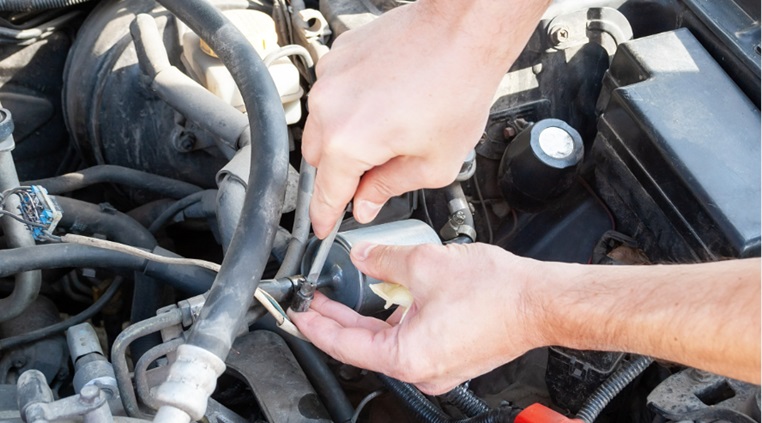
Automotive fuel lines are crucial components of a vehicle’s fuel system. They are designed to carry fuel from the gas tank to the engine, providing the necessary energy for it to run. The automotive fuel line repair is also essential since it ensures that the fuel is properly delivered to the engine, preventing any potential issues or malfunctions. In this article, we will discuss five common signs that indicate your automotive fuel line may need repair.
1. Leaking Fuel
A leaking fuel line is one of the most obvious signs that it needs repair. You may notice puddles or stains of fuel under the vehicle, especially near the rear end where the gas tank is located. A leaking fuel line can be caused by various factors, such as corrosion, damage from road debris, or wear and tear over time. It is important to address this issue promptly, as a leaking fuel line can lead to not only potential engine problems but also pose a fire hazard.
2. Decreased Fuel Efficiency
If you notice a significant decrease in the vehicle’s fuel efficiency, it may be a sign that your fuel line is clogged or damaged. A clogged fuel line restricts the flow of fuel to the engine, causing it to work harder and use more fuel to function properly. This can result in decreased mileage and an increase in gas expenses. If left unaddressed, a clogged or damaged fuel line can also lead to more severe engine issues over time.
3. Engine Misfires
An engine misfire occurs when there is an interruption in the combustion process, causing the engine to sputter or hesitate while running. While there may be various reasons for this issue, one common cause is a damaged fuel line. A damaged fuel line can lead to inconsistent fuel delivery to the engine, resulting in an uneven combustion process and ultimately causing engine misfires. If you experience frequent engine misfires, it is crucial to have your fuel line inspected for any potential damage.
4. Low Fuel Pressure
Fuel pressure refers to the amount of force applied by the fuel as it enters the engine. A low fuel pressure can be caused by a damaged or clogged fuel line, resulting in inadequate fuel delivery to the engine. This can lead to poor engine performance, difficulty starting the vehicle, and potential stalling while driving. It is important to address any issues with low fuel pressure promptly, as it can cause further damage to your vehicle’s engine if left unattended.
5. Visible Wear and Tear
As with any other vehicle component, regular wear and tear can take a toll on your automotive fuel line over time. It is essential to inspect your fuel line regularly for any visible signs of wear, such as cracks, holes, or rust. If you notice any of these signs, it is crucial to have your fuel line repaired or replaced immediately to prevent potential engine issues and ensure the proper functioning of your vehicle.
Conclusion
The fuel line is an integral part of a vehicle’s fuel system, and any issues with it can lead to significant problems with the engine and overall performance. If you notice any of the signs mentioned above, it is important to have your automotive fuel line inspected and repaired so that the vehicle can continue to run smoothly and efficiently. Regular maintenance and addressing any potential issues promptly can also help prolong the lifespan of your fuel line and prevent costly repairs in the future. Remember, a well-maintained fuel line leads to a well-functioning vehicle.






